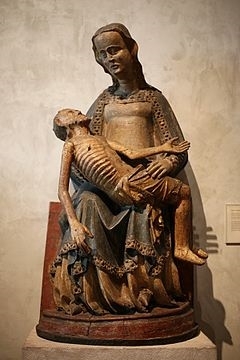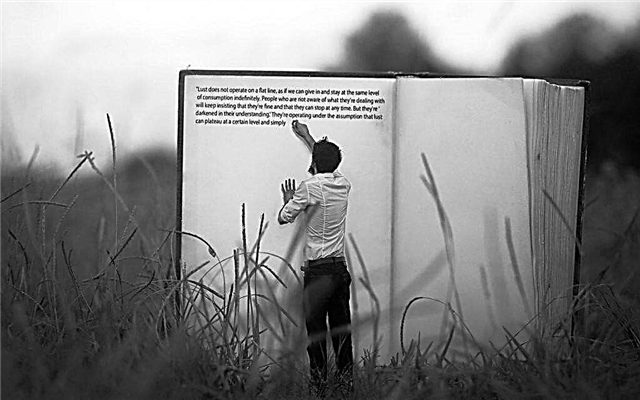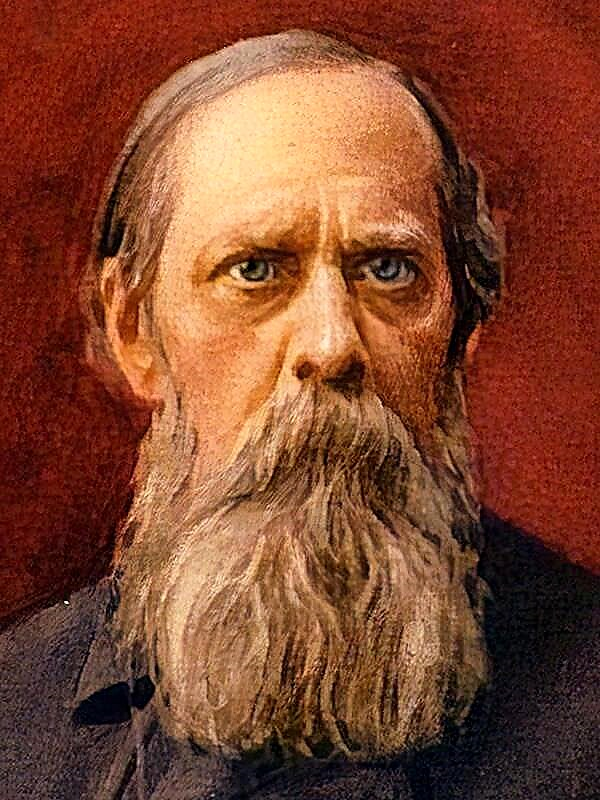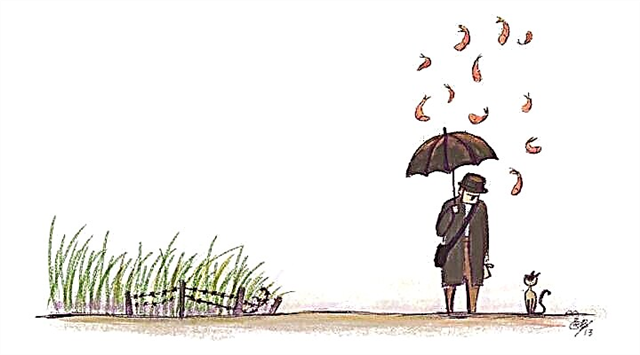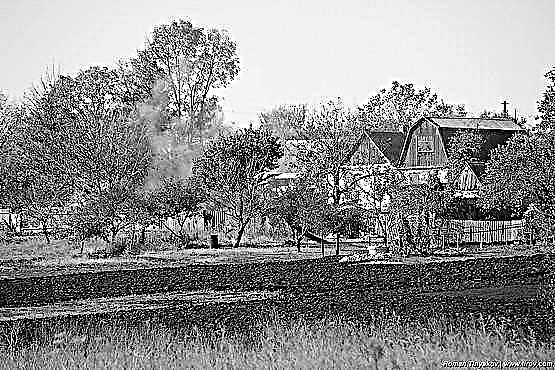(434 words) 1818. Orel city. On October 28, Ivan Sergeyevich Turgenev was born. He proved himself in many forms: at first a poet, playwright, adherent of realism, a publicist and even a translator. Ivan also devoted himself to the study of his native language. Turgenev was awarded the academic titles of the Imperial Academy of Sciences and the University of Oxford. In this article we will talk about him only the most important.
First years of life
The Turgenev clan was ancient. Sergei Nikolaevich Turgenev, the father of the writer, a military man, led a thoughtless lifestyle. He married in order to improve his financial situation. The mother of Ivan Sergeevich, Varvara Petrovna Lutovinova, was just the right option. Despotism and scholarship coexisted in the writer's mother: the educated lady was cruel to the peasants.
In 1834, little Ivan and his two brothers were left without a father. Young Turgenev, through the common efforts of tutors, learned the letter. In order for the children to receive further education, Varvara Petrovna decides to move to Moscow.
Education and pen tests
Moscow University in 1833 accepted the 15-year-old Turgenev to the Faculty of Literature. Due to the family moving to the northern capital, Ivan Sergeyevich was forced to move to the philosophical faculty of St. Petersburg University. At this time, Turgenev dreamed of becoming a poet.
Ivan Turgenev made his debut thanks to the poems “Evening”, “Towards the Venus of the Medicines”. Having been educated in his homeland, he devotes himself to wandering around Europe.
In the period from 1830 to 1850, Turgenev met with Pushkin, Zhukovsky, Lermontov. Among his acquaintances were Charles Dickens, Victor Hugo, Emil Zola.
Views of I.S. Turgenev to the position of Russia
Turgenev did not tolerate the oppression of the common people by serfdom. He leaves his homeland and decides to fight this evil in the rear with his creations:
I could not breathe air alone, stay close to what I hated.
Turgenev was also a supporter of “pure art”, a concept within which creativity was recognized as the freedom to serve only beauty.
First success
A passion for hunting the writer was instilled in childhood. Nikolai Turgenev, the uncle of Ivan Sergeyevich, taught him hunting skills.
Passion for this craft was reflected in the pages of the storybook “Notes of the Hunter”. The success of the publication was huge. The collection contains criticism of serfdom.
Personal life
No creator can do without a muse. Turgenev’s muses were Yekaterina Shakhovskaya (broke the heart of a young writer), seamstress Avdotya Ivanova, Tatyana Bakunina (sister of MA Bakunin, anarchist revolutionary).
Traveling in Italy gave the writer an affair with Alexandra Khovrina, but Polina Viardo became the only love of Ivan Turgenev. For her sake he abandoned everything. The Turgenev Girls, the heroine of Turgenev’s works, absorbed the features of his every love. This image is meek, gentle, as a rule, far from human fuss and depravity.
Death
Towards the end of his life, Turgenev was famous not only in Russia, but also in Europe. In 1882, there were signs of a disease that caused the death of the writer. The disease was painful.
The suffering of Ivan Sergeyevich came to an end on August 22, 1883. Death found the writer in Bougival, near Paris. The cause was a cancerous lesion of the spinal bones (microsarcoma).


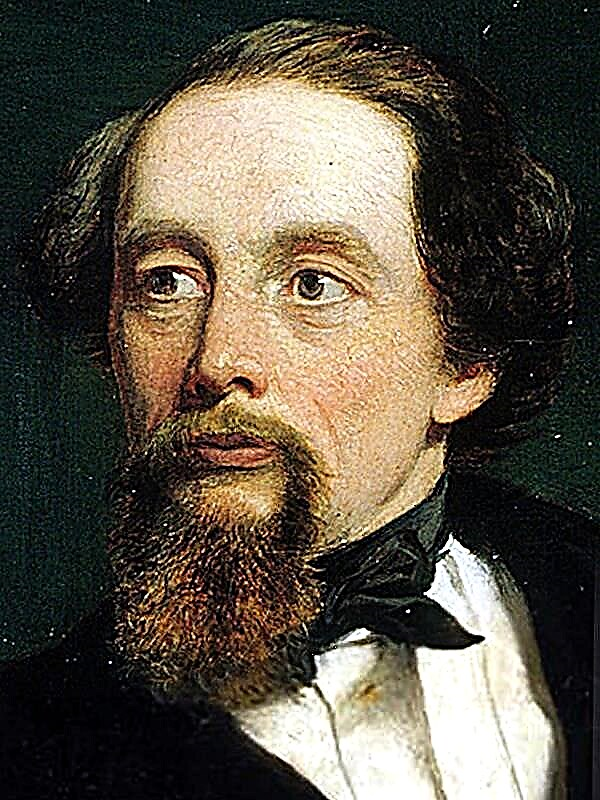 Christmas Carol
Christmas Carol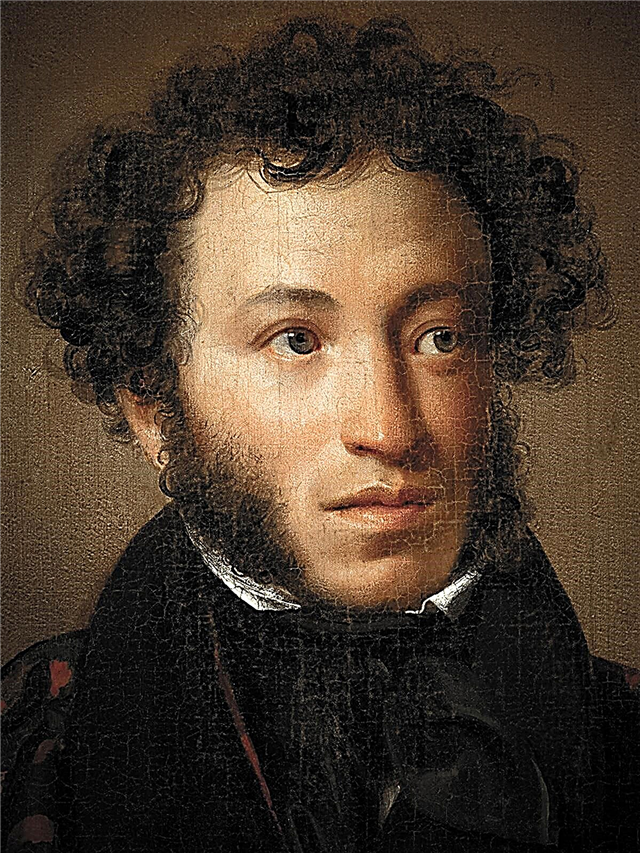
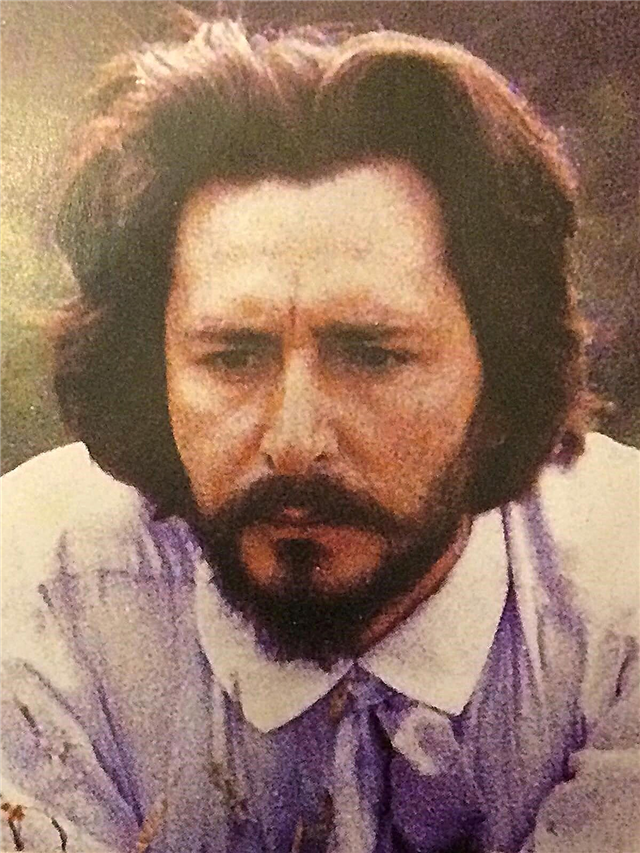
 Viscount de Brazhelon
Viscount de Brazhelon